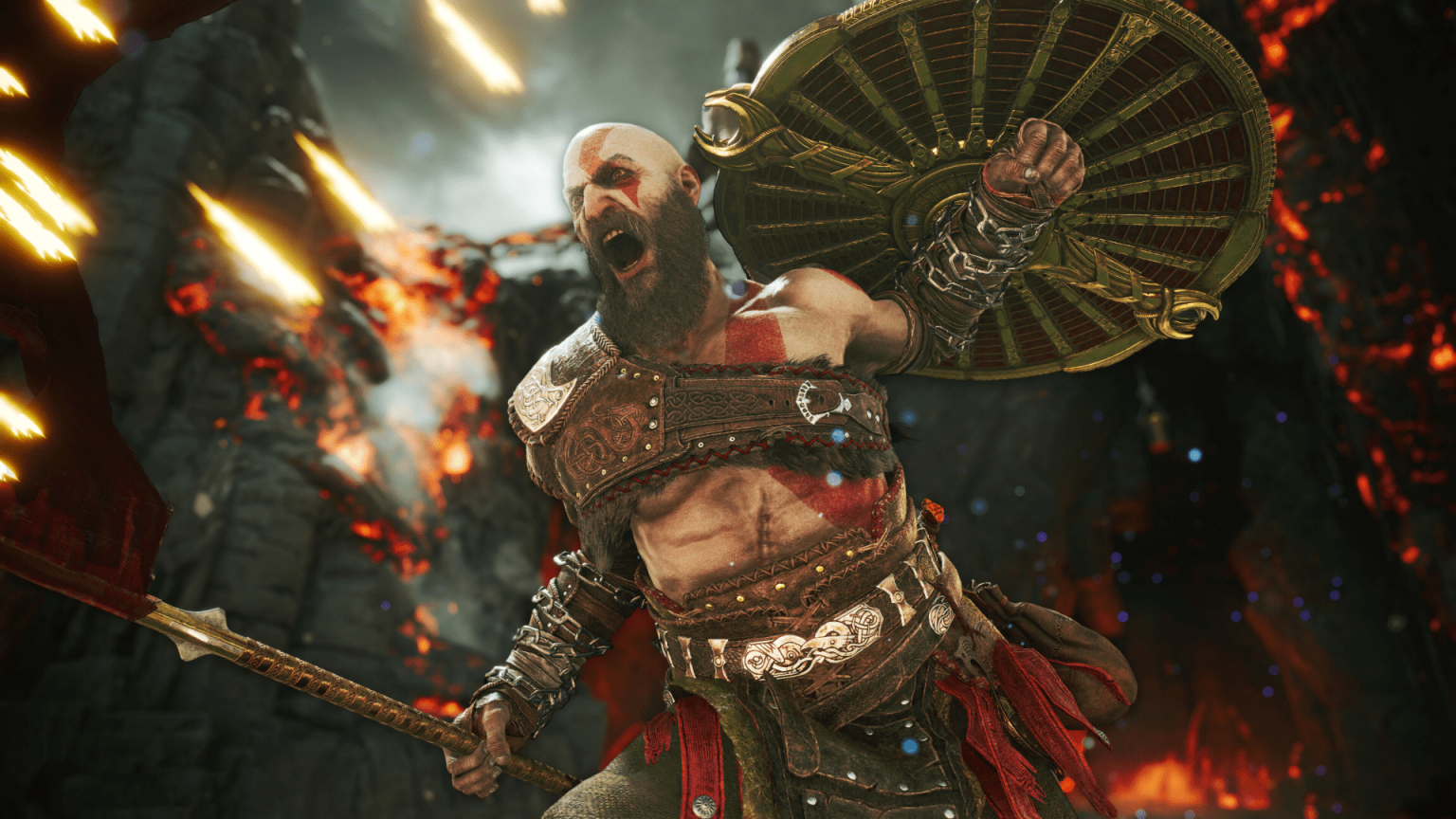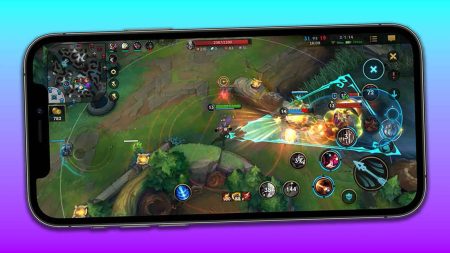The departure of former Sony Entertainment CEO Jim Ryan has marked a significant turning point for PlayStation, leaving the company grappling with the aftermath of his ambitious, yet ultimately unsuccessful, push into the live-service gaming market. Ryan’s vision, fueled by the immense success of titles like Fortnite, was to replicate that viral phenomenon within the PlayStation ecosystem. This led to substantial investments in live-service projects, many of which were attached to flagship PlayStation franchises like The Last of Us, Horizon, and Spider-Man. However, this strategy ultimately faltered, resulting in a string of cancellations and a strategic reassessment of PlayStation’s direction.
The remnants of Ryan’s live-service initiative are scattered across the PlayStation landscape. The Last of Us Online, once a highly anticipated project, met its demise in late 2023. A live-service Spider-Man game, tantalizingly glimpsed in a leaked trailer titled “The Great Web,” also fell victim to cancellation. While Horizon Online reportedly remains in development, the recent announcement of the cancellation of a God of War live-service title, alongside another undisclosed project, signals a continued retreat from this market segment. These cancellations highlight the challenges PlayStation faced in translating its established single-player strengths into the live-service arena.
The fallout from these cancellations extends to the development studios entrusted with these projects. Bend Studios and Bluepoint Games, the two studios responsible for the recently axed games, now face an uncertain future. While Sony insists that neither studio is facing closure, the cancellation of their projects necessitates a reevaluation of their roles within PlayStation Studios. The company’s commitment to working closely with these studios to determine their next projects suggests a desire to retain their talent and expertise, but the specific direction these studios will take remains unclear.
Further fueling the shift away from live-service games was the spectacular failure of Concord, a PlayStation console exclusive. Its abrupt shutdown a mere two weeks after launch, despite initial promises of a return, underscored the difficulties PlayStation faced in this competitive market. The subsequent closure of Firewalk Studios, the developer behind Concord, further solidified the company’s retreat. This incident served as a stark reminder of the risks associated with chasing live-service trends and the importance of a well-defined strategy.
Despite these setbacks, Sony maintains that it is not entirely abandoning the live-service model. While a “recent review” prompted the closure of several projects, the company insists that it remains committed to exploring both single-player and live-service experiences. This suggests a more cautious and selective approach to live-service development, likely prioritizing projects that align more closely with PlayStation’s strengths and audience expectations. The company’s emphasis on collaboration with its studios indicates a renewed focus on fostering creativity and innovation within a more sustainable framework.
The post-Ryan era at PlayStation is characterized by a period of recalibration and refocusing. The pursuit of viral live-service hits has given way to a more measured approach, emphasizing the importance of sustainable development and alignment with PlayStation’s core strengths. The company’s commitment to supporting its studios, even in the face of project cancellations, suggests a long-term vision that prioritizes the development of high-quality games, regardless of their specific genre or business model. The lessons learned from the Ryan era will likely shape the future of PlayStation, emphasizing a more balanced portfolio of game offerings and a more prudent approach to emerging market trends.











